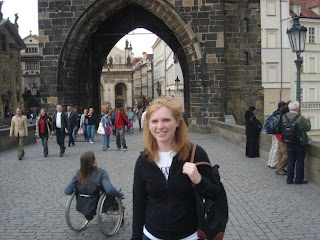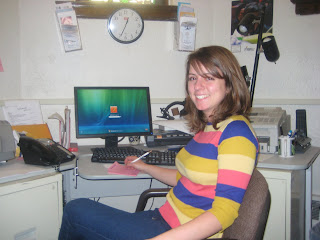Conference Announcement: Latina/o Communities in the Midwest
by Ann Abbott Valerie Werpetinski always keeps me updated on great service learning information. She forwarded an annoucement about the " Latina/o Communities in the Midwest Conference ." Although my research is more on student learning than on Latinas/os in the community, I think that a paper on Spanish community service learning could fit in some of the following ways: Student perceptions of the local Latino community as expressed in their reflective essays. Community-expressed needs for partnerships with the program. Students' reported changes in attitude about immigration reform and educational policies after a semester of Spanish community service learning. Getting IRB approval to do research on minors (the students at the schools where my students work) or vulnerable populations (local Latina/o immigrants themselves) is not an easy process. And I have reservations about using these populations that we serve as research subjects. Still, I will seriously consider s...














